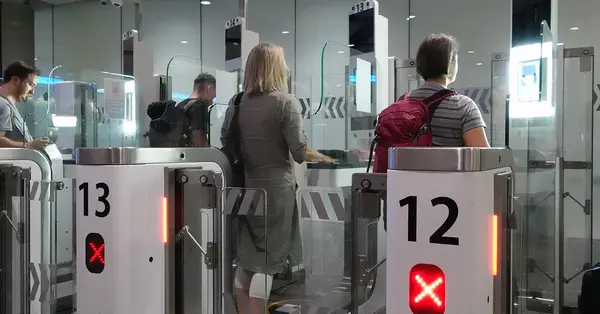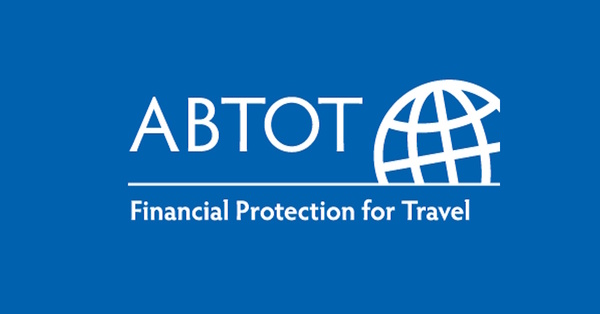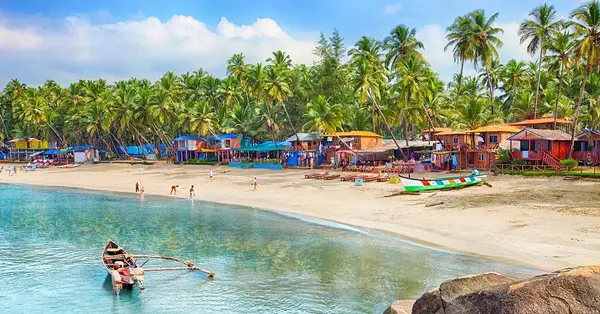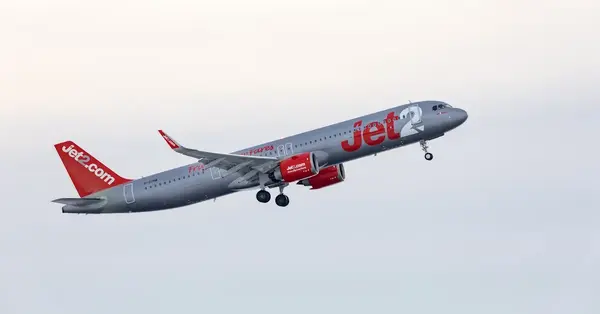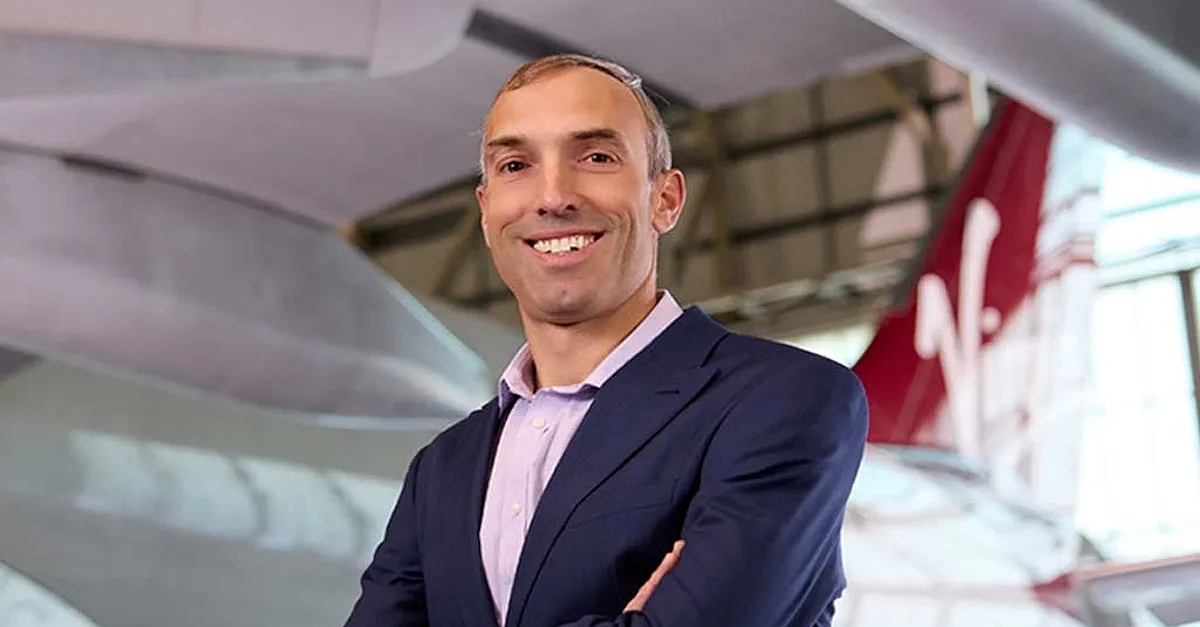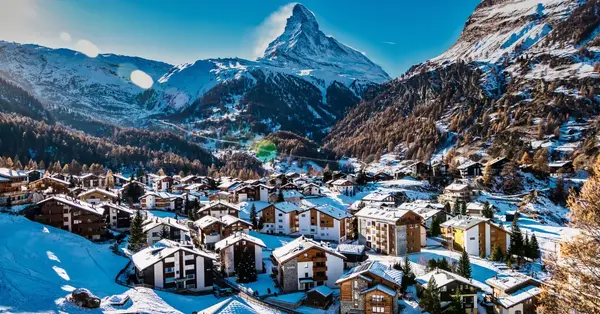You are viewing 1 of your 2 free articles
Comment: The future of affluent travel will balance luxury, wellbeing and exclusivity
The tumultuous events of the past few years have altered the priorities of consumers worldwide. Not only has travel become more important; individuals are seeking more meaningful and transformative experiences by catering to their physical, mental and emotional needs.
Let's take into consideration the increased significance of travel. YouGov research into travel priorities and values for 2023 reveals that 35% of global consumers agree travel has become more important since the pandemic.
Across the world, wellness tourism has rebounded post-pandemic and stands to grow in the future. This renewed focus on taking care of us is underscored by traveller trends from the past two years.
The inclination towards health and wellness trips among consumers is expected to grow by 50%, with 6% of global respondents saying they stayed at a health and wellness retreat in 2022 and 9% saying they intend to do so over the course of 2023.
Affluent consumers (those who make more than 200% the median household income) are at the forefront of this acceleration in health and wellness travel. Where 9% of ‘affluents’ said they visited a health and wellness retreat in 2022, 11% plan to do so in 2023.
With disposable incomes and a propensity to seek out exclusive experiences, affluent consumers have been quick to embrace wellness travel as a means of both exploring the world and indulging in self-care.
The markets with affluents showing the greatest change in their intention to combine travel with wellness are Germany (+15 percentage points), Spain (+11 points), Hong Kong (+6 points), the UAE (+4 points), Denmark (+4 points), and France (+4 points).

Affluent travellers also appear to be moving past just material luxury; 51% say they’re looking for more meaningful travel experiences, compared to 43% of the global total, and they’re willing to pay more for it.
Personalised itineraries aimed at restoring health and wellness is one example of what affluent travellers are willing to pay more for (13%). We might see travellers combine these custom health itineraries with other meaningful travel experiences that affluents will pay more for. This includes unique experiences to get close to nature/remote destinations (31%) and eco-friendly/sustainable accommodations (23%).
Further research into luxury travel shows an emphasis on privacy and seclusion as people seek destinations and hideaways with fewer crowds and more intimacy. More than a quarter (27%) of affluents would pay more for villas and chalets in secluded and private locations and an additional fifth (21%) are prepared to splurge on luxury stays on a private island.
Growing interest in health and wellness trips represents an incredible convergence of self-care and experiential travel. From a business perspective, hoteliers and hospitality providers who can seamlessly blend luxury, bespoke experiences and wellness will be in a prime position to capture the attention of travellers looking to nourish the mind, body and spirit.




